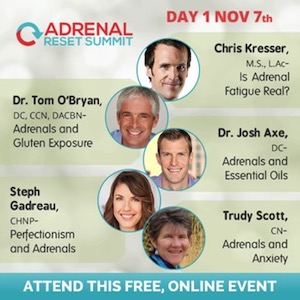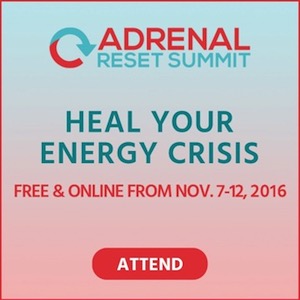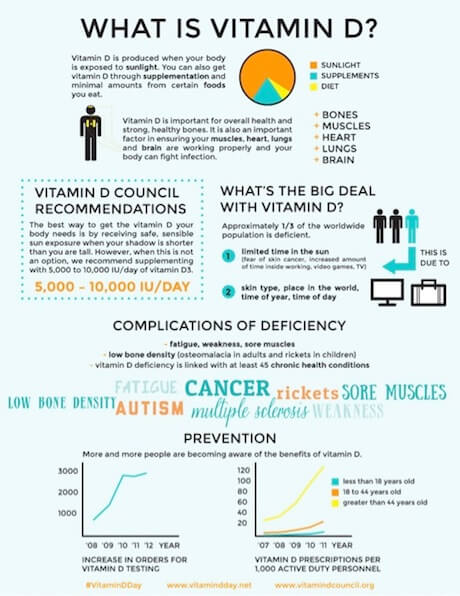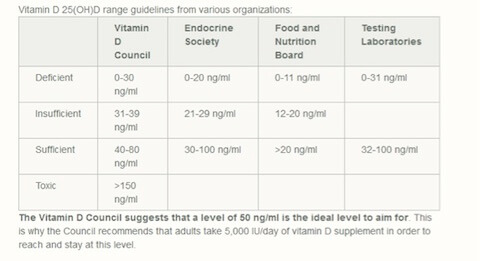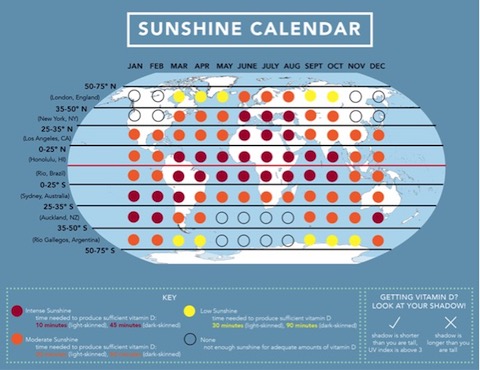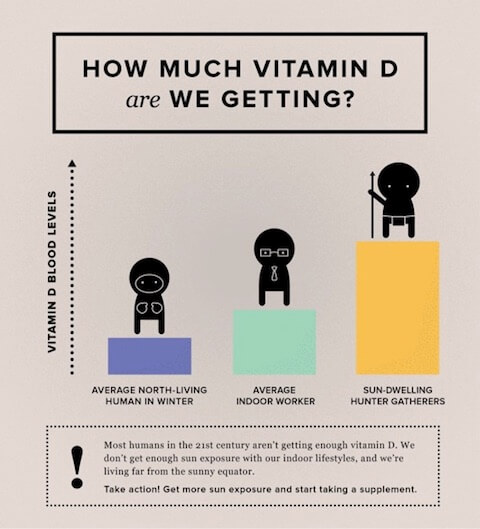Chris Kresser addresses the question of “Is Adrenal Fatigue Real” in his fascinating interview with Dr. Christianson on the The Adrenal Reset Summit which runs from November 7-12. He shares that it’s virtually impossible to recover from any chronic illness without addressing the HPA axis and that he prefers the term HPA axis dysregulation to the term adrenal fatigue because it’s more accurate:
The endocrine society has a factsheet and downloadable PDF about adrenal fatigue and in that factsheet they say adrenal fatigue is not a real medical condition and they go on to say there are no scientific facts to support the theory that long-term mental, emotional, or physical stress drains the adrenal glands. Patients are out there searching for this information. They’re checking this stuff out and you’ve got a pretty well-known organization that is focused on hormone health saying that adrenal fatigue is not a real condition. Then you go and you search for hypothalamic-pituitary-adrenal axis in PubMed and just as you said, Alan, you get 18,320 results…
Here are some other snippets from his interview, where Chris covers root causes of low cortisol:
even when we do see true low cortisol where both total and free cortisol are low then the question becomes, in that situation, is it really an autoimmune issue like Addison’s where the adrenal glands are compromised and can’t produce cortisol or is it some other kind of regulatory mechanism in the body and it’s leading to this low cortisol output.
And then, more importantly, is that a maladaptive response, meaning something, perhaps, that happened a while ago – and that can even go all the way back to fetal development, when the patient was in the womb because we know that the HPA axis is programmed in the womb and, also, early life stressors can play a big role in programming the HPA axis – or is it something that’s another pathology like SIBO or a gut infection, or a chronic infection of some kind like Lyme disease or exposure to mold or heavy metals, or biotoxins that is affecting the body in such a way that it’s downregulating cortisol production as a result. In that case, the treatment is not to give cortisol or to give things that boost cortisol, it’s to address those things that are causing the body to downregulate cortisol production in the first place.
I really love Dr. Christianson’s advice for his patients, encouraging them to take better care of themselves, to sleep more, to do less and to stress-less:
imagine a scenario in which, heaven forbid, a loved one needs your care. They need your help in the hospital. They need you there for a few hours per day. So, let’s think about all the things you do that you would just drop from your schedule to be there for them because, of course, you’d be there for them. So, they’ll write some things out and I’ll say, okay, cool! So, now, that loved one is ‘you’.
I think it’s a message we could all apply in our busy lives!
Anxiety, feelings of constant overwhelm and fatigue, plus insomnia, sugar cravings, the inability to control blood sugar, lack of mental clarity… these symptoms can be due to adrenal issues and this condition is brutally disruptive. And yes, you can suffer from all of the above at once!
Here are a few of the many other excellent speakers and their topics:
- Steph Gadreau, CHNP – Perfectionism and Adrenals
- Aviva Romm, MD – Adrenal Adaptogens
- Ben Lynch, ND – Adrenals and Methylation
- Wendy Myers, FDN, CHHC – Heavy Metal Toxicity
- Dan Kalish, DC – Adrenal Neurotransmitter Connection
- JJ Virgin, CNS, CHFS – Preventing Adrenal Burnout
- Julia Ross, MA – Neurotransmitters and the Food Mood Connection
